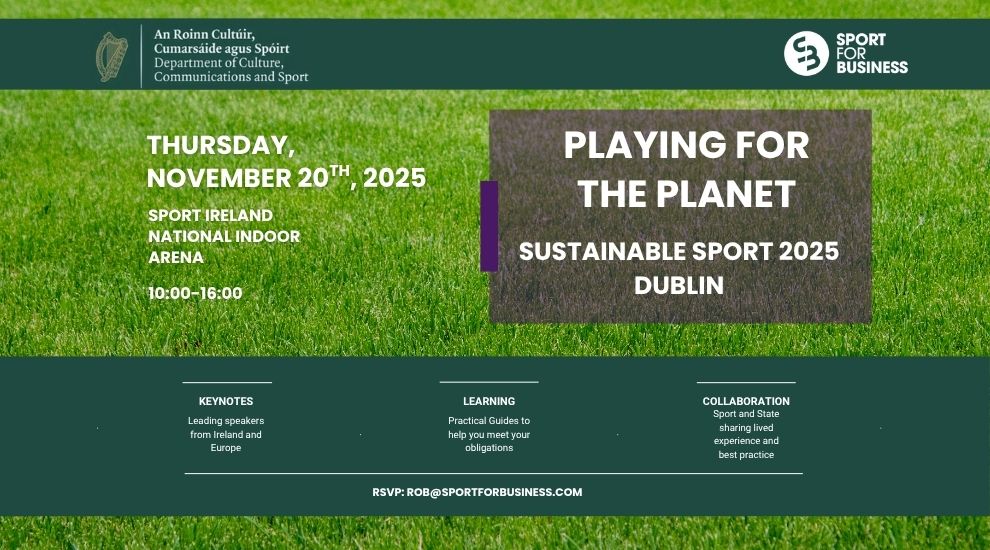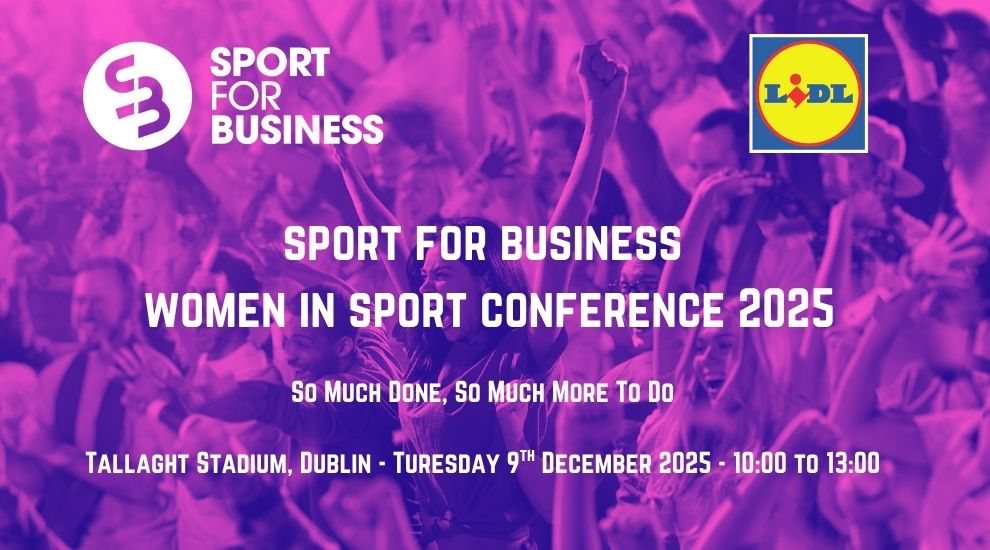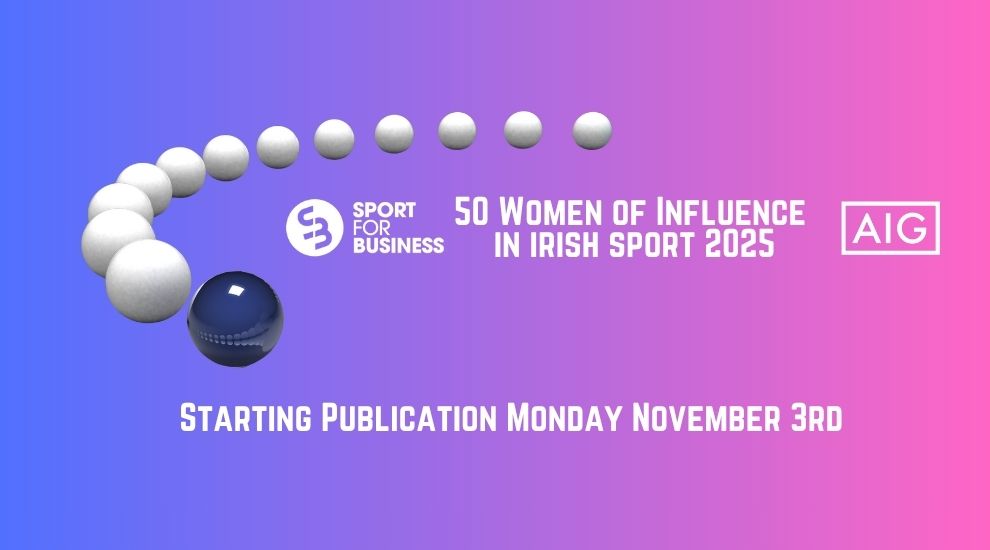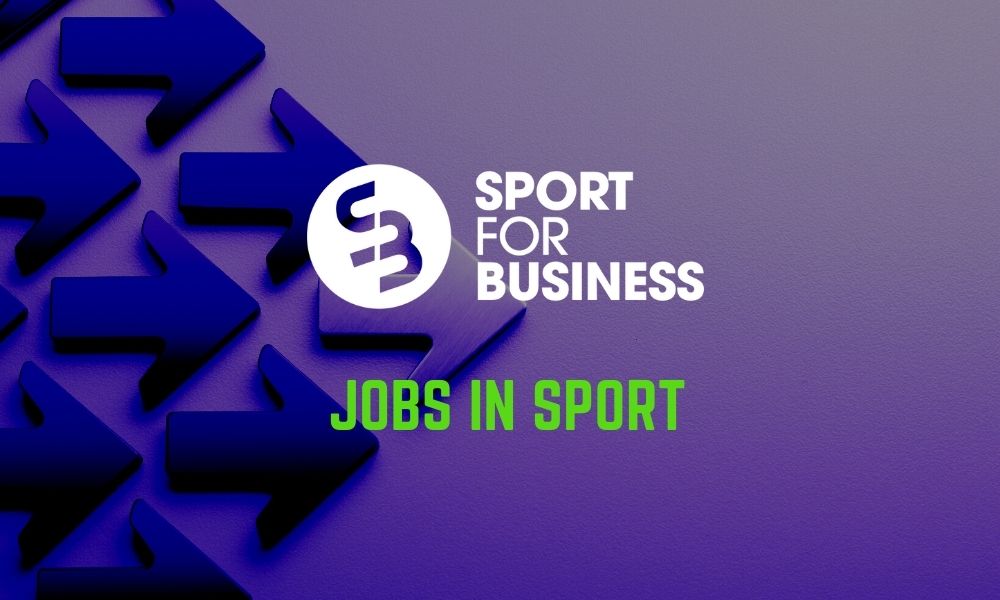
For the second year running there was no post event press conference and a series of questions agreed by journalists and submitted to the FAI press office had not been answered at time of their going to press on Sunday evening.
These mostly centred around the long term debt of the FAI and how this was being paid down.
In 2010 the FAI contribution to the building of the Aviva Stadium stood at €74 million. in the latest accounts that has reduced to €50 million, largely as a result of a debt write down through changing lenders from Danske Bank to a US lender.
Club Ireland
Longer term ticket sales have been shifted in emphasis from the over priced vantage club launched in 2010 to a much more reasonable and attractive 10 year offering through the new Club Ireland which Sport for Business covered last week. This gives access to premium level seats and services at a cost of €4,933 and an average cost per game base on six matches per year at the Stadium of €82.
In terms of overall corporate entertainment costs this comes in at the lower end of the scale and a concerted sales effort is underway to coincide with what will hopefully be a strong start to the qualifying campaign for Euro 2016.
The campaign will receive a shot in the arm if the FAI is granted a hosting package to stage up to three games in Dublin for the Euro 2020 Championship Finals. That decision will be made in September.
Plaudits
The public fortune of a sports administrator is rarely one of plaudits and rousing cheers. Sporting success is attributed to players and team managers while it is only in defeat that the spotlight falls on those behind the scenes.
Speaking at the launch event for Club Ireland last week FAI CEO John Delaney spoke of soccer as having more players nationwide than any other sport and that it was the one sport like no other that could bring the nation to a standstill with success on the big stage.
Memories, albeit more distant ones of Italia ’90 and USA ’94 back up his contention and it is hoped that a number of initiatives from a restructured approach to under age soccer launching in September and ongoing talks between Martin O’Neill and some potential ‘converts’ to the Ireland cause among Premier League stars may bring them back again.
In the meantime FAI management need to keep planning for success and using that as a springboard for greater financial security. The stadium debt is a major draw and takes up much of the payment for TV rights of €10 million a year from UEFA.
Euro 2020

With no Irish sides left in European competition for next season, the lack of available funding for clubs becomes something of a vicious circle.
The FAI is primarily for its member clubs and players. It is not beholden to the national media but the avoidance of questioning does not stop them writing about it and the tome will be negative in the absence of real engagement.
In business terms, corporate supporters like to be associated with brands and events that can capture the imagination and deliver a feel good factor which will help to position them well with the audiences they need to influence be they consumers, staff or investors.
Success on the pitch is the biggest single ingredient in making the sport attractive in an overall capacity. It is important though when that is lacking, to make sure sure that an open and honest engagement is kept up with those who can help to turn things around.

























